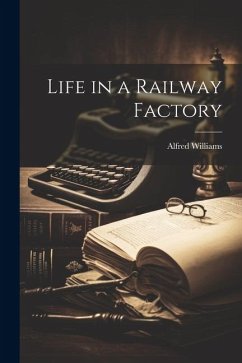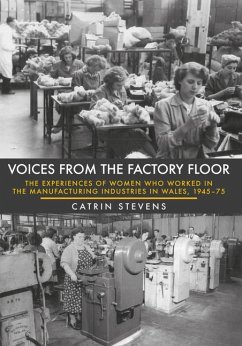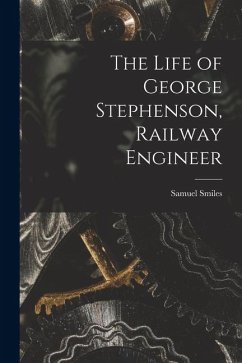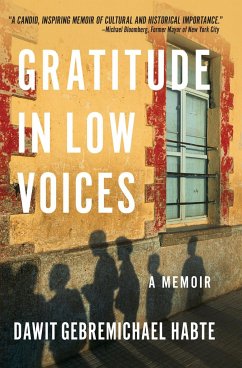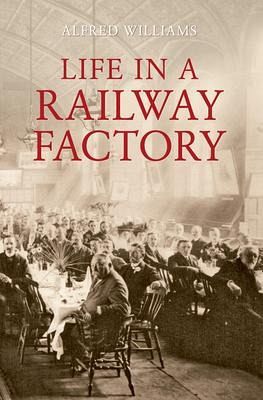
Life in a Railway Factory
Versandkostenfrei!
Versandfertig in über 4 Wochen
21,99 €
inkl. MwSt.

PAYBACK Punkte
11 °P sammeln!
For twenty-three years, up to the First World War, Alfred Williams worked in the Great Western Railway's Works at Swindon, the locomotive capital of the west. The population of the town was then about fifty thousand, all more or less dependent upon the factory for survival. About twelve thousand men normally worked there. Every singe aspect of life in a railway factory is covered in this book, first published in 1915, and he did not pull any punches in describing the appalling working conditions in the foundries, blast furnaces, blacksmith's shops and engine sheds which made up this vast indus...
For twenty-three years, up to the First World War, Alfred Williams worked in the Great Western Railway's Works at Swindon, the locomotive capital of the west. The population of the town was then about fifty thousand, all more or less dependent upon the factory for survival. About twelve thousand men normally worked there. Every singe aspect of life in a railway factory is covered in this book, first published in 1915, and he did not pull any punches in describing the appalling working conditions in the foundries, blast furnaces, blacksmith's shops and engine sheds which made up this vast industrial complex. If you want to know how a locomotive works, how each component, each rivet and nut and bolt came together to create a living breathing steam engine, read this book.



